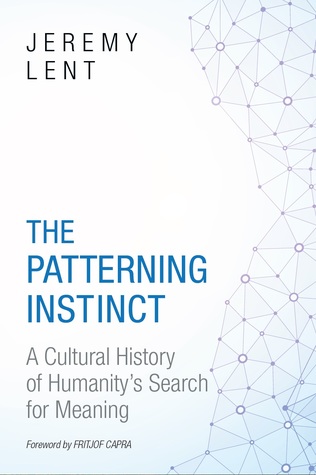Whorf took this idea, which became known as the Sapir-Whorf hypothesis, to new heights of rhetoric. The grammar of our language, he claimed, affects how we pattern meaning into the natural world. “We cut up and organize the spread and flow of events as we do,” he wrote, “largely because, through our mother tongue, we are parties to an agreement to do so, not because nature itself is segmented in exactly that way for all to see.”6
Welcome back. Just a moment while we sign you in to your Goodreads account.


